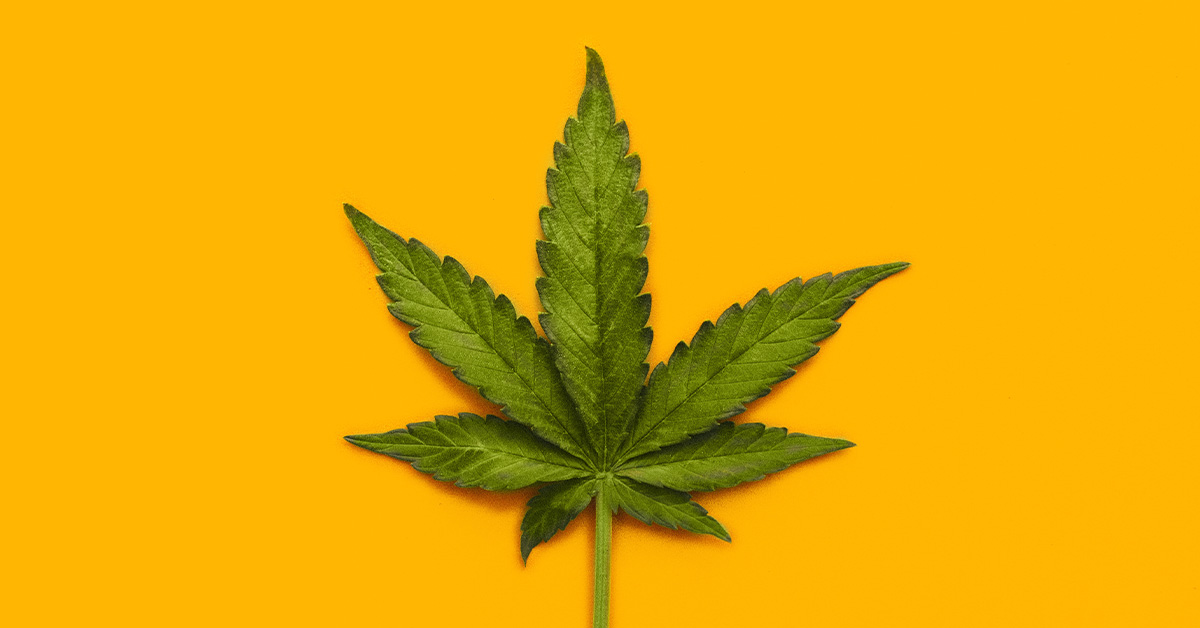For a group of Canadian researchers, the minimum legal age for the induction of tetrahydrocannabinol should be 19, and not 21, or 25, as recommended by the scientific community, a new study suggests.
The findings, appearing in the journal BMC Public Health, focused on determining what age tetrahydrocannabinol consumption resulted in reduced long-term impairment.
For the study, the research group examined 20,000 participants in late adolescence and early adulthood from the Canadian Tobacco Use Monitoring Surveys and Canadian Tobacco, Alcohol and Drugs Surveys; both were initiated between 2004 to 2015.
“We used doubly robust regression techniques and data from nationally representative Canadian surveys to compare educational attainment, cigarette smoking, self-reported general and mental health associated with different ages of first cannabis use,” the findings read.
During their examination of the participants, researchers uncovered that those who consumed tetrahydrocannabinol at 19 or 20 were at a lower risk of nicotine cigarette consumption later in life compared to others who began consuming at 18.
Moreover, researchers also noted that higher educational attainment was associated with more prevalent tetrahydrocannabinol intake at a later age than others, typically starting between the age of 21 to 24. Lower academic achievement correlated with use at a much earlier age.
All in all, the research team suggests that the age of 19 may be the most ideal minimum legal age for non-medical tetrahydrocannabinol consumption. A recommendation to either increase or decrease the age requirement from 19 would potentially result in impaired brain development and a surge in underground markets, which could encourage further acts of criminality among young adults.
It should be noted that researchers did not touch base on the potential for negative effects on one’s physical and mental health resulting from tetrahydrocannabinol use, no matter if only for analgesic properties or recreational use.
In past research studies, tetrahydrocannabinol, despite motive for consumption, was shown to induce possibly harmful effects on the brain and abroad, such as worsening cognitive function and epigenetic defects.


